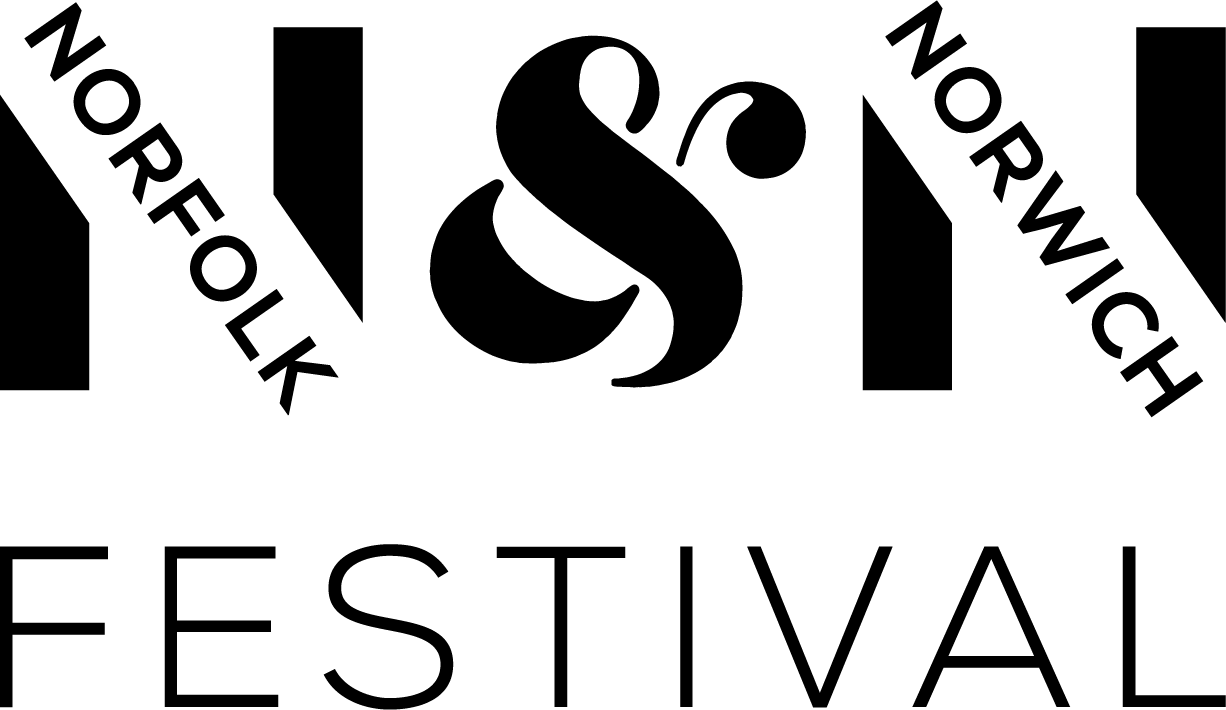Why you should be confident presenting your arts and culture provision to Ofsted
Mile Cross Primary’s journey from a Satisfactory rated Ofsted School in 2012 to an Outstanding one in November 2017, was in no small part due to the schools unique engagement with arts and culture, so it’s really exciting to see that Ofsted’s new framework offers schools the opportunity to celebrate a broad and balanced curriculum that includes provision of arts and culture; the performance of teachers and the impact a rich cultural offer has on social mobility and enterprise.
Increasing Cultural Capital at Mile Cross Primary School
‘Cultural capital’ is “embodied by an individual who is knowledgeable about a wide range of culture and is comfortable discussing its value and merits” (Emma Taylor). Mile Cross Primary has been making extra efforts over the past few years to not only provide opportunities for students to engage with Arts and Culture but their parents as well, in turn increasing the cultural capital of the pupils and the community as a whole. The enthusiasm for the school providing these opportunities is visible by the mere numbers who go on these trips; on a trip to see their Year 5 children perform ‘Barber of Seville‘ at Norwich Theatre Royal, Mile Cross had approximately 200 parents, carers and staff to see their children. This was part of a project which saw the children work closely for months with operatic professionals to compose and perform their own version of Rossini’s classic over a number of months. This reinforces Ofsted’s newfound importance on schools providing “all learners, particularly the most disadvantaged and those with special educational needs and/or disabilities (SEND) or high needs, the knowledge and cultural capital they need to succeed in life.” (Education Inspection Framework)
Their deputy headteacher, Toby Whalen says the arts are “an integral part of the school, not a bolt on.” Mile Cross use a Creative Learning Journey, meaning “history, geography, CDT and the arts are all taught together very holistically.” The school is constantly searching for new professional artists to work with; they have previously worked with professional photographers, Break Charity, Rock Steady, Norwich Theatre Royal, Barber of Seville Opera project, Anglia Square: A Love Story, BBC Sounds, and many more: “…we’re the type of school who say yes… and then we think about how we can do it.”
The impact of the changes the school has implemented can sometimes be hard to measure. Some things, like the children’s attendance which has been “statistically above national”, as well as results in writing, reading and maths which are “showing improvements year on year” are measurable. Others, such as self-esteem, confidence and cultural capital can be harder to asses, but are equally as important. Toby recalls a conversation he had with an inspector once about how “outstanding schools can have an impact positively and they can change the whole community.” It is clear that this has inspired the school’s vision as the school is trying to “break a cycle, to get children in our area to feel proud of not only our school but also the whole Mile Cross area,” Toby says they are also seeing an impact on social mobility, affirming both his belief and goal that “schools can affect whole communities.”
